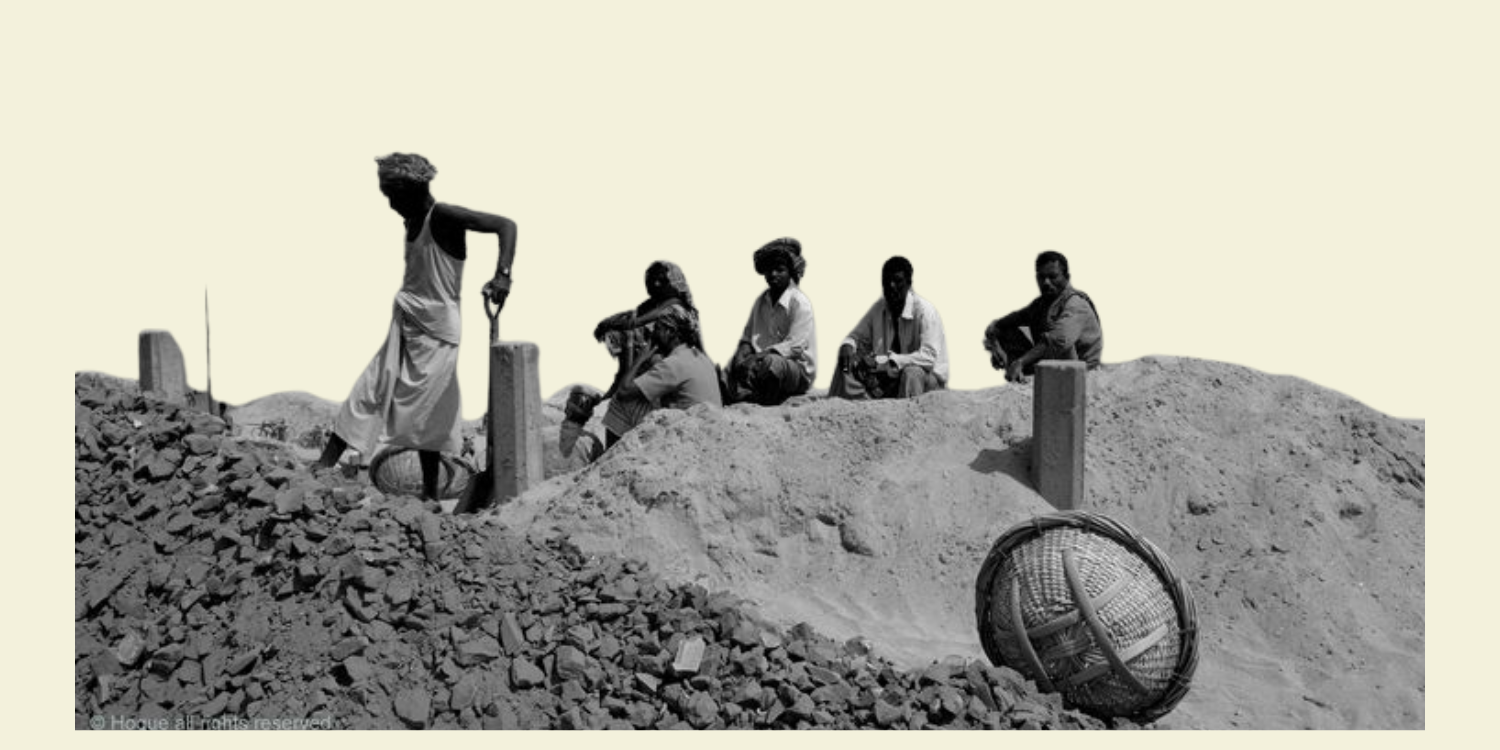In a two-part publication, SPRF looks at sustainability in the fashion industry.
Watch our explainer video below.
ABSTRACT
The fashion industry has seen several cultural changes over the course of history, in line with larger social and political contexts. Currently, fast fashion brands hold a monopoly with consistent growth year after year. There are several integral issues with the industry at large – especially from ethical and environmental lenses. This paper attempts to shed light on these issues within the fast fashion industry as well as the movement towards sustainability that aims to counter them. It also engages with the idea of sustainability within the fashion industry, particularly in terms of accessibility and whether a move towards sustainable fashion will bring any tangible results.
INTRODUCTION
Clothing and fashion have been an intrinsic part of modern human life. While debates are still ongoing about the purpose of clothing, especially in the early ages of humankind, it is nevertheless agreed upon that human beings have been wearing some form of clothing for approximately 1,70,000 years now (Toups et al. 2011). Similarly, what is considered fashionable has changed with social, political and cultural contexts. In recent times, the transition from tailor houses to mass-produced clothing in the seventeenth century, the invention of the sewing machine, and the movement of production networks to factories, workshops, and sweatshop labour are noteworthy shifts (Lemire 2010). In the eighteenth century, ready-made clothing became common and by the nineteenth century, factory production was an institutionalised practice, having colonial roots. The late twentieth and early twenty-first century saw the advent of globalisation. With increase in transnational communication and movements, new international trade routes emerged along with the easy availability of cheap labour in several countries, most notably in South Asia. It was in this environment that the world saw the rise of what is popularly known as fast fashion.
The Merriam Webster dictionary defines fast fashion as “An approach to the design, creation, and marketing of clothing fashions that emphasises making fashion trends quickly available to consumers” (Merriam Webster n.d.). Fast fashion has become a widely successful industry in itself, and over the past 20 years several fast fashion companies have amassed higher profits than their luxury brand counterparts, with more than half of the top 20 companies in terms of profits being fast fashion brands, according to the McKinsey Global Fashion Index (Amed et al. 2019). At the same time, the fast fashion phenomenon poses serious environmental and ethical issues.





